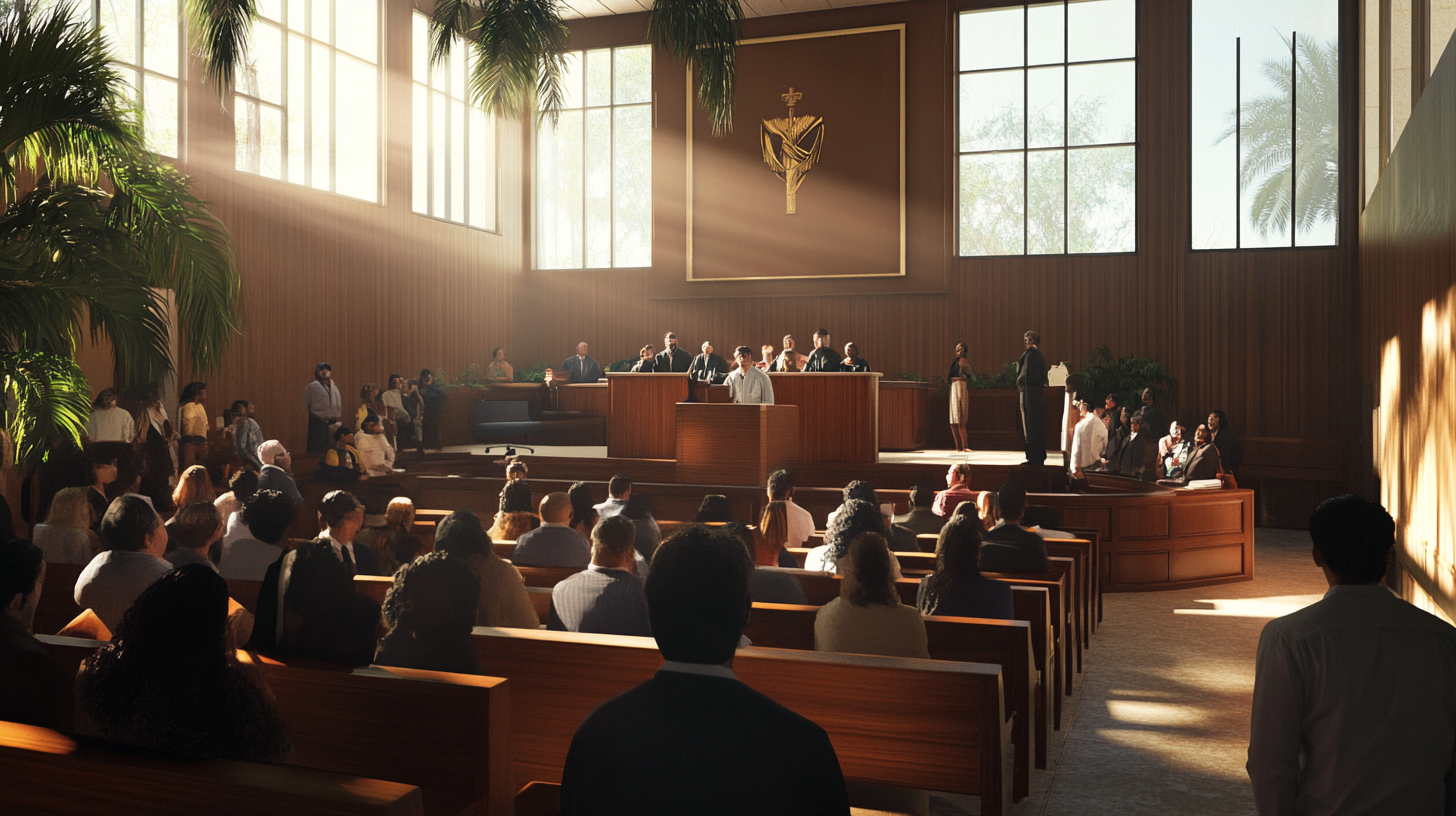Closing Arguments Ignite Interest in ‘El Gallito’ Murder Trial
After a whirlwind three-week trial, Salomon Campos Jr. was acquitted in the capital murder case brought against him for the kidnapping and alleged murder of his uncle, Ernesto “El Gallito” Gonzales. Though the trial was lengthy, the jury reached a decision in under two hours, bringing an abrupt end to a case that cast a spotlight on the Rio Grande Valley’s justice system and the local police department’s investigative practices.
A Contentious Trial Captivates RGV Residents
The trial revolved around accusations against Campos, suggesting he had tracked down and killed his uncle. However, the case generated substantial intrigue when his defense team targeted perceived inadequacies within the Harlingen Police Department’s investigation. Key evidence had reportedly been lost, raising questions about the probe’s thoroughness and objectivity.
Harlingen community member and defense attorney Erin Gamez cited these investigative gaps as a critical factor in the jury’s decision to acquit Campos. “The justice system ultimately failed ‘El Gallito’ by narrowing its focus only on Campos and disregarding viable alternative leads,” she contended during closing statements. Gamez further suggested that multiple individuals with potential motives had not been properly investigated, casting a shadow over the department’s techniques.
The Judicial Process at Work
In their closing arguments, prosecutors emphasized evidence implying Campos had been shadowing his uncle, signaling a preconceived intent that pointed to his guilt. Lead prosecutor Maria Alvarez reportedly argued to the jury that the picture painted by the evidence was “clear as day,” aiming to convince them of Campos’s involvement.
Yet, amid the tensions, the defense maintained that the prosecution failed to fully meet the burden of proof against Campos. The defense’s argument centered on reasonable doubt, citing the potential involvement of others who stood to benefit from Gonzales’s demise. Nonetheless, the swiftness of the acquittal suggests the jury found the defense’s position more compelling amid cries of missteps in evidence handling.
Impact on the Rio Grande Valley Community
The trial’s outcome has stirred mixed emotions throughout the RGV, distressing some who feel justice for Gonzales remains unresolved. However, others see the case as a reaffirmation of legal fairness, holding the justice system accountable to high standards of proof and rigorous examination of evidence.
Local public safety advocate and community organizer Roberto Hernandez commented on the acquittal and investigative scrutiny. “These proceedings should urge our law enforcement institutions to refine their practices and ensure comprehensive, impartial investigations in future cases,” he suggested. Hernandez believes heightened accountability will ultimately benefit Valley residents, restoring public confidence in local authorities.
Reflections on Recent Events
This high-profile case also echoes broader regional conversations about law enforcement effectiveness and transparency, themes familiar to Valley residents who have voiced concerns in other forums. Moreover, this trial complements pre-existing discussions of policing protocols suggested by previous controversies.
Attention now turns to how the Harlingen Police Department might address internal review processes. Such adaptations are particularly significant for a community where law enforcement relations hold critical importance in preserving public trust, especially during turbulent times when many scrutinize institutional integrity.
Future Implications and Community Resources
Looking beyond the verdict, the question remains whether any policy shifts will occur within the department to address the evidentiary gaps highlighted by this case. Such moves could set precedents for South Texas law enforcement, prompting a region-wide reassessment of investigative methods.
For those affected by the trial or seeking engagement in regional judicial reforms, ValleyCentral.com offers sections dedicated to legal needs and community advocacy, directing residents toward crucial resources. Additionally, Valley residents are encouraged to participate in local forums to discuss law enforcement accountability and reformative steps following this trial.
In sum, while the conclusion of the ‘El Gallito’ murder trial offers Campos reprieve, it simultaneously challenges Valley institutions to reflect, adapt, and ensure the highest standards of justice for the community. The Rio Grande Valley continues to navigate these complex narratives, upholding its commitment to civic engagement and resolution.







